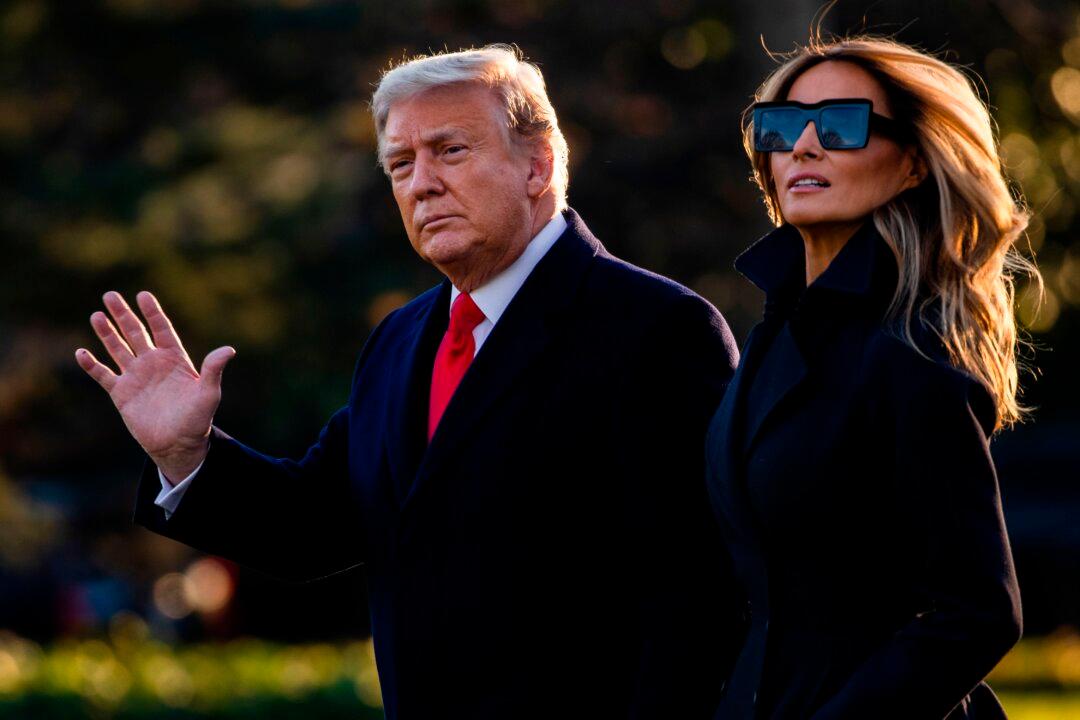Former President Donald Trump’s lawyers on Sept. 12 urged a federal judge to reject the Department of Justice’s bid to continue reviewing documents that were taken during the FBI raid of Mar-a-Lago.
Trump’s lawyers argued that the materials that were taken by FBI agents on Aug. 8 may not be classified. While he was president, Trump had broad latitude in declassifying documents and has a “right to access” any presidential records whether they are classified or declassified, the attorneys added.





